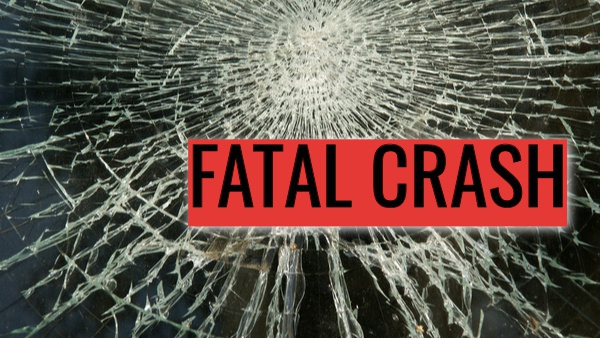Southeastern Indiana victims of sexual assault have a new advocate: Safe Place for Hope.

Shutterstock photo.
(Batesville, Ind.) - Safe Passage, Inc. has aided victims of domestic violence in southeastern Indiana for more than two decades. Now, the support group and shelter has expended to offer services to victims of sexual assault.
This year, Batesville-based Safe Passage, Inc. began receiving funding through the Indiana Sexual Assault Victims Assistance Fund. The money and two large grants received over the past six months has allowed them to add services for victims of sexual violence.
The new division within Safe Passage is called Safe Place Sexual Assault Center.
Access to sexual assault services are needed in many parts of Indiana. Kristen Pulice, chief operating officer for the Indiana Coalition to End Sexual Assault, says southeastern Indiana has been no exception.
“For a geographic area as sizable as one that covers Franklin, Ripley, Dearborn, Jefferson, Switzerland, and Ohio counties, sexual assault services have been limited and insufficient to meet the acute and long term needs of victims,” Pulice says.
As one of the nine Rape Crisis Centers added in Indiana over the past year, Safe Place for Hope can offer survivors and secondary survivors a safe, supportive, trauma-informed organization to meet their individual needs 24/7.
Jane Yorn, founder and executive director of Safe Passage, says the organization starts by believing victims’ when they reach out for help.
“Many individuals live with the pain of sexual abuse or an assault that happened in their past and have never had a safe place to share and process this agonizing experience. Our free, confidential help will be available to anyone at any time in their life, regardless of whether the abuse occurred 2 hours, 2 years or 22 years ago,” she says.
Education and resources are currently available through www.safeplaceforhope.org and the Safe Passage Helpline at (877) 733-1990.
Services expected to become available this fall include a 24/7 hotline, 24/7 hospital response advocacy, criminal justice and legal advocacy, community awareness and outreach, information and referral, systems coordination and case management, short- and long-term advocacy, support groups, therapy, and primary prevention education.

 Superintendent Writes Letter Regarding Manchester Elementary School Closing
Superintendent Writes Letter Regarding Manchester Elementary School Closing
 Napoleon State Bank Announces Retirement of Former President, Board Member
Napoleon State Bank Announces Retirement of Former President, Board Member
 Indy Woman Identified as Victim of Fatal Crash on State Road 56
Indy Woman Identified as Victim of Fatal Crash on State Road 56
 New Patient Care Manager Named at Our Hospice of Jennings County
New Patient Care Manager Named at Our Hospice of Jennings County
 Arrest Made in Green Township Road Rage Incident
Arrest Made in Green Township Road Rage Incident
 Ripley Co. Highway Dept. Urges Motorists to Watch Out for Mowing Crews
Ripley Co. Highway Dept. Urges Motorists to Watch Out for Mowing Crews










